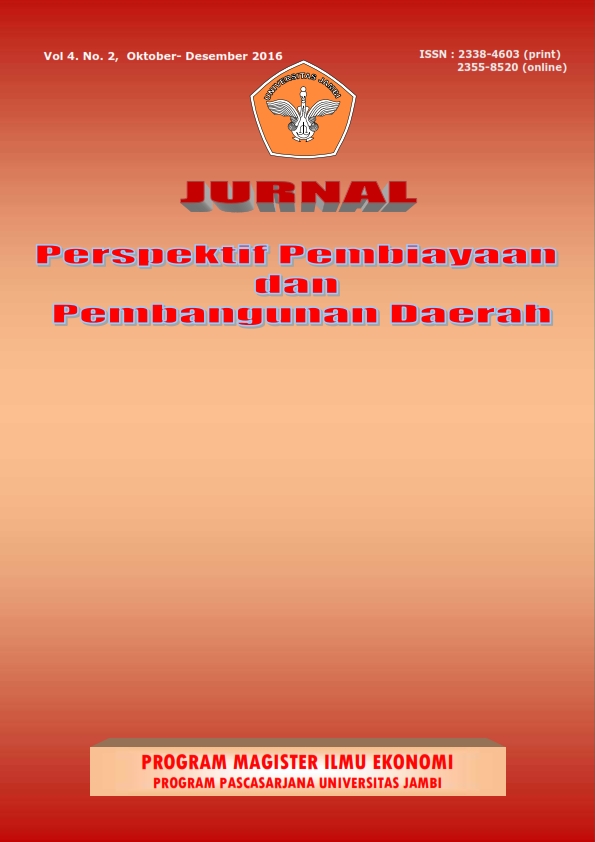Pola dan Prilaku Konsumsi Masyarakat Muslim di Provinsi Jambi (Telaah Berdasarkan Tingkat Pendapatan dan Keimanan)
DOI:
https://doi.org/10.22437/ppd.v4i2.3583Abstract
This research aims to: 1) determine the characteristics and patterns of consumption of the Muslim community in Jambi Province is based on the type of work, education, income and the level of Iman; 2) relationship between type of work, education, income and level of Iman towards food consumption and for religious.The data used are primary data. The number of samples as 150 Muslim households by the "purposive random sampling", taking into account the allocation of the sample based on the status and social organization that followed. Data analysis using cross table and Chi-Square test. The results of this research: 1) The proportion of food consumption Muslim community for food at 43.48%, while for non-food needs reached 56.52%. 2). The proportion of spending on religious amounted to 28.08% of non-food expenditure, or 15.87% of the total expenditure. 3) There is a close link between type of work, education, income and level of religiosity with food and non food expenditure. The higher the education, income and Iman, then the food expenditure is lower. 4). The link between this type of work, education, income and the level of Iman related closely with the expenses of the religious. The higher the level of education, income and Iman, then the expenditure for the religious tend to be higher.
Downloads
Downloads
Published
How to Cite
Issue
Section
License
Copyright (c) 2016 Amri Amir

This work is licensed under a Creative Commons Attribution 4.0 International License.

















